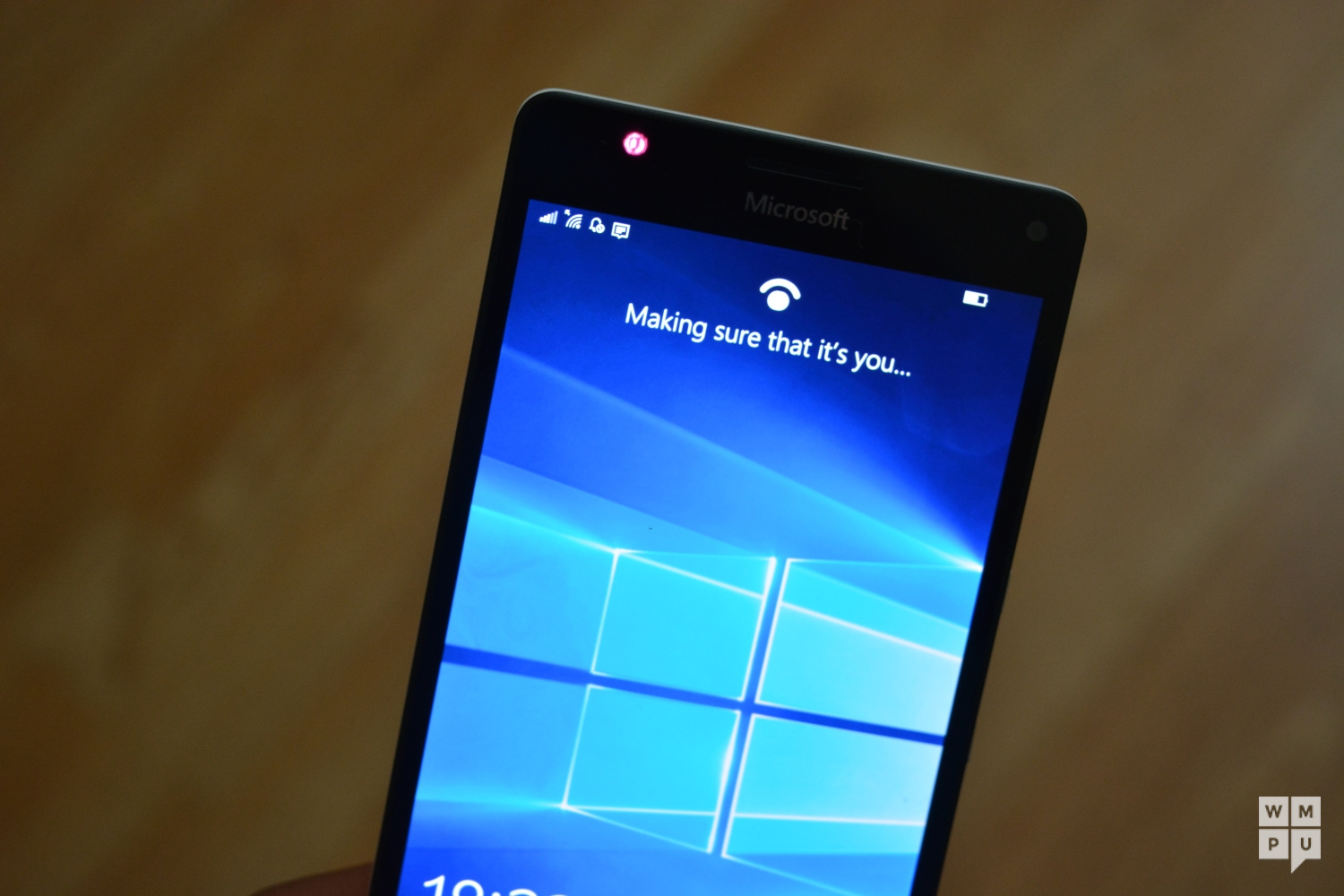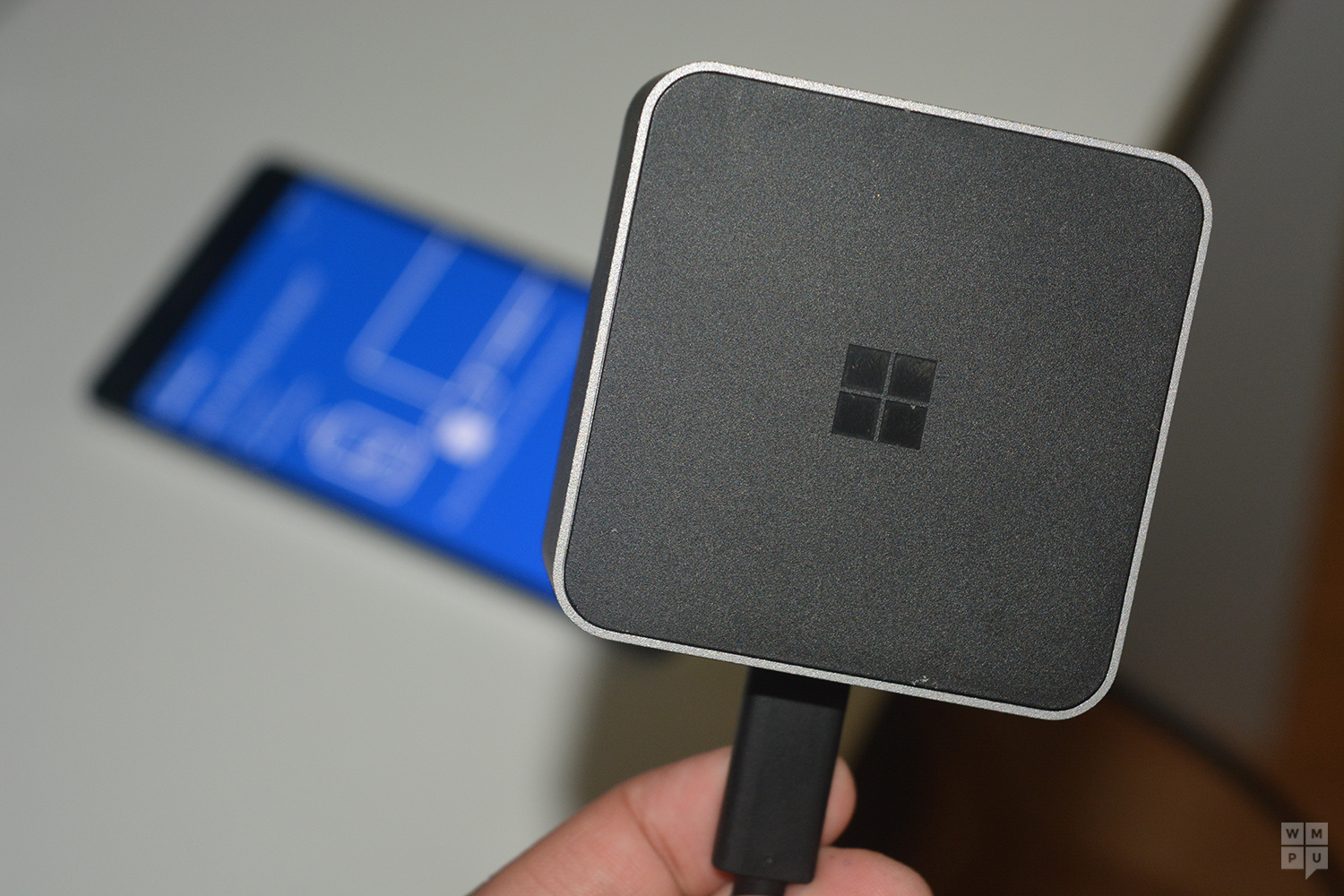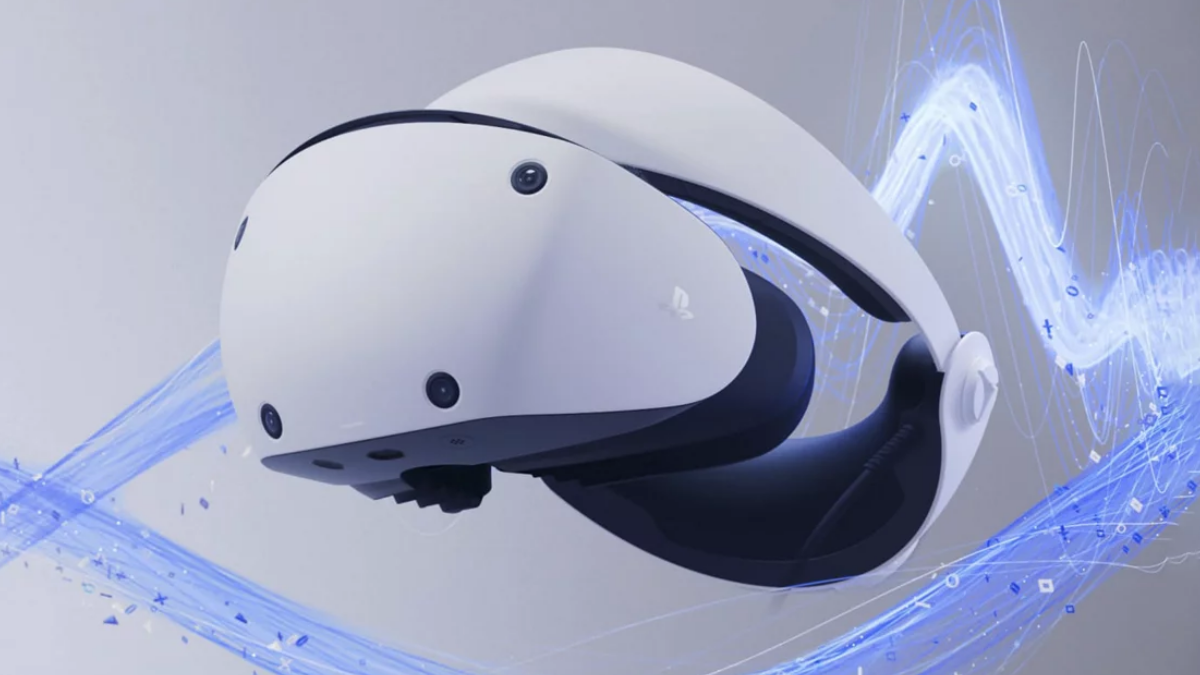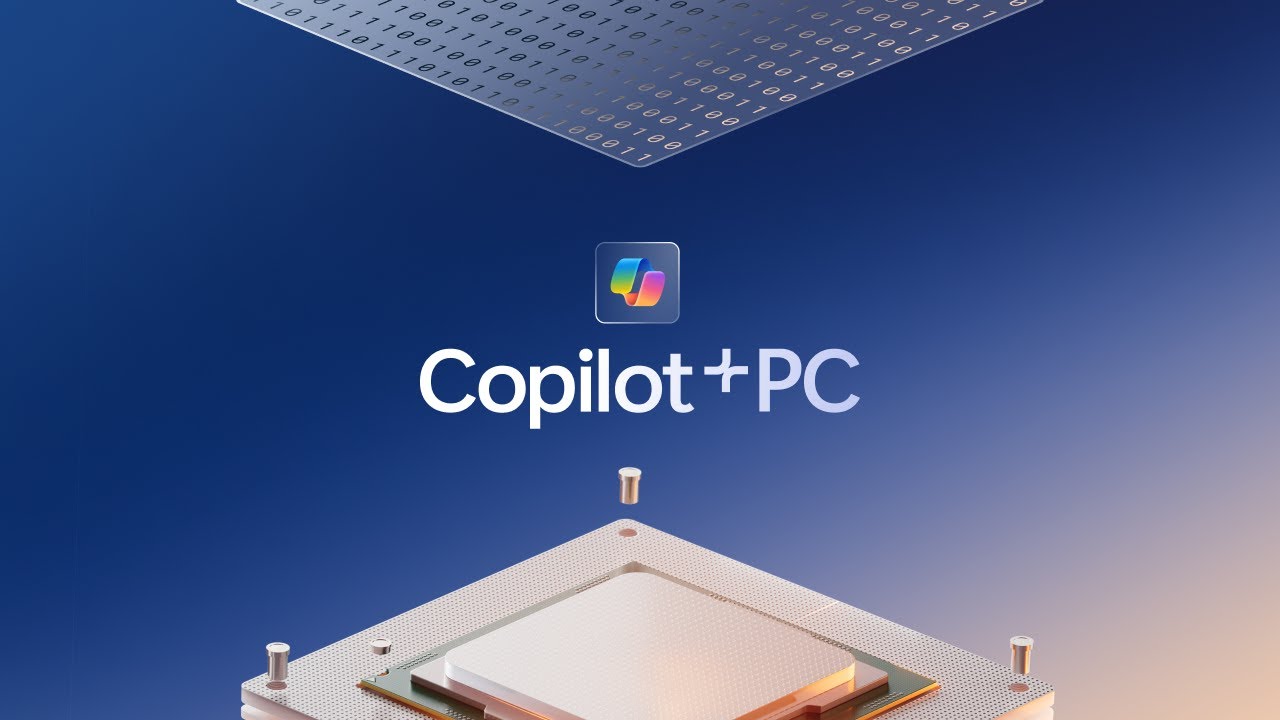Weekly Discussion: What makes a Surface Phone? Also, why I don't rate continuum.
5 min. read
Published on
Read our disclosure page to find out how can you help MSPoweruser sustain the editorial team Read more

I want a Surface Phone and I’m sure many of our readers do too. But, I’m not sure everyone who wants a Surface phone is on the same page.
The Surface Pr0 3 is the only device I have kept for over a year (coming up to two years in a few months), it is a wonderfully designed piece of hardware, with near perfect integration with the software (admittedly took a sideways step in Windows 10) and it is reliable. For a hypothetical Surface Phone (and we’re keeping this strictly hypothetical here), I would just want a phone version of the same. The Lumia 950 or 950 XL could have been Surface Phones if they shipped with 100% solid and fluid software and solid back covers, but that’s in the past now.
The point I’m trying to make is, if Microsoft were to make a Surface Phone and unveil it tomorrow, it would be great if it was just a really good all-rounder device with a great design, well put together software and something that worked 99.999999% of the time. As for the technical specs? I don’t care overly much as long as they beat their competitors.
It’s a bit strange that I just said I don’t care overly much about the specs of the Surface Phone before talking about them beating their competitors. If I didn’t care, then I wouldn’t have mentioned it in the first place. The reason for this is simple. Whenever people talk about the Surface Phone, someone inevitably almost brings up x86 processor compatibility and the ability to run x86 desktop apps on your phone or in docked mode on continuum not as a feature, but as THE feature. Aside from the fact that pushing x86 desktop compatibility would be sending an unwelcome message about their Windows store, I think this is a very stupid idea as a unique selling point for such a product.
Let’s talk about the Surface series. The Surfaces exist to solve a problem and unite two similar but distinct product families into one gorgeous magnesium alloy body, Laptops and Tablets are both portable computing solutions, each their own compromises. A tablet doesn’t have a keyboard and generally has a small screen, a laptop is generally too big and it’s keyboard makes it awkward for some activities. Microsoft solves that problem by making a device that can be both a laptop and a tablet with the addition of just 1 peripheral. That’s pretty slick isn’t it? The Surface can also be your desktop if you wish it to be. Just dock it, add a keyboard and mouse and a few monitors and you’re in business. That’s a nice trivial feature of the Surface that allows you to be productive big time, but it is not an overwhelmingly highlighted feature of the Surface because it overrides the mobility aspect of the Surface.
Now let’s go back to what an x86 Surface phone as imagined by certain dreamers would be. This would be a smart phone that is primarily aimed at replacing your desktop. It would be ideally able to run x86 apps like Visual Studio and Steam, and it would be a pretty terrible device that does not capture the idea of Surface – uniting two similar but different form factors – at all.
One could say that a mobile phone on its own is already a kind of Surface, It takes several handheld devices and assimilates them into one. It is an MP3 player, a remote control, a cell phone, a PDA, an Alarm clock and several other things that lend themselves to the mobile form factor via help of apps. This mythical Surface phone would be like if Microsoft pitched the Surface as the tablet that can replace your washing machine and then allowed you to connect different peripherals that allow you to make a crappy washing machine. I mean yeah it works, but why not simply buy a washing machine. It does one thing then it does one peripherally related but also contextually completely unrelated thing.
Continuum is great. It’s a cool feature, and it’s really helpful for when you’re in a pinch and only have a phone, a dumb screen, wireless keyboard, dock and hdmi cable to be productive. The only thing is…I’m never in those situations. Microsoft has trained me to use the Surface Pro 3 and my phone and pair them with the cloud. For me, whether it can run x86 apps or solely universal apps is inconsequential because I am never n a situation where I need it. It makes my phone more productive…but it doesn’t solve any problems for me. I have 0 reasons to use it as it stands currently.
To conclude this piece, I don’t think a “Surface Phone” should be a gimmicky device that exists to push a single niche feature. Its one that does everything well and solves a palatable problem for everyone. I will freely admit I have no idea what the next frontier is. Perhaps a leap in base specs? 24 hours screen on time? 1 TB storage? Bringing all the ideas of Windows 10 Mobile into one perfect, polished piece of hardware? No one knows. One tip though. Whether Microsoft calls it Surface Phone, Lumia X, Shiny metal thing, or Juggernaut, it doesn’t matter. If they don’t believe in it, it’ll be born dead.
Also, you can read Thurrott’s wet blanket article on the Surface phone if you’re so inclined.










User forum
0 messages